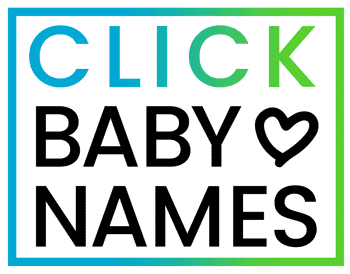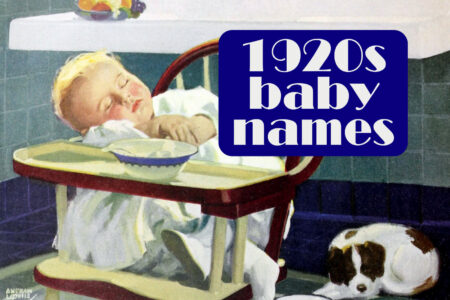- Means noble or bright
- Feminine of Albert
- The name of a province in western Canada
History of the name Alberta
Alberta, meaning nobly bright, has its origin in the Teutonic language. It is one of the names coming from the nobility of which Aethel is the root.
Aethelbryht was its first form, though it was a masculine name and was given to the first Christian King of England.
The famous bishop of Prague, who was martyred near Dantzig while preaching to the heathen Prussians in 997, was called Adelbrecht, and his fame spread the use of the name throughout a great part of Europe.
Italy received it, and straightway changed it to Alberto. It is from this latter that the feminine forms. Alberta and Albertine, were formed.
The husband of the late Queen Victoria, who bore the name of Albert, brought both the masculine and feminine equivalent.
Alberta has no real individual existence. After all, she is merely a masculine name with a feminine termination.
But unlike many of her contemporaries, such as Edwina and Roberta, she is almost frivolously feminine, and is not regarded as a substitute name for the hoped-for son and heir who was to have been called Albert.
Jade is Alberta’s talismanic stone. It has the power to assure its wearer great prosperity, and freedom from danger and disease. But it should never be removed from the finger, arm, or throat on which it is worn. Monday is Alberta’s lucky day, and 1 her lucky number.







